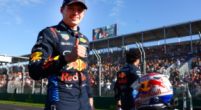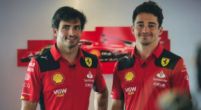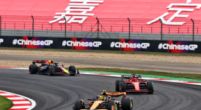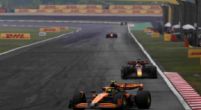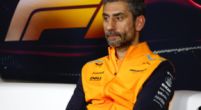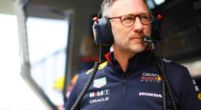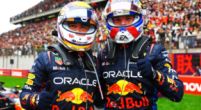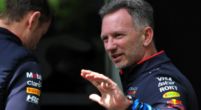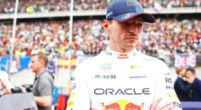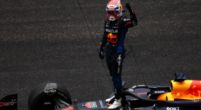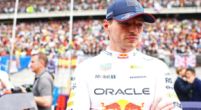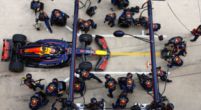Source: Red Bull Content Pool
F1 News
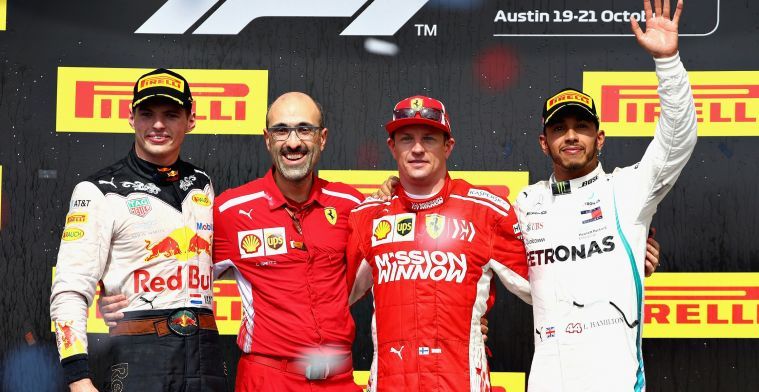
Brawn: Great US race could lead to restriction of data in F1
Formula One managing director Ross Brawn believes that the exciting action during the United States Grand Prix serves as a huge case to restrict the amount of data available to teams in the sport. Due to weather cutting track time during practice, teams were left unsure when it came to tyre life and optimal race strategy.
With just one hour clean running in the dry prior to the race, teams were forced to think on their feet during the race in deciding what strategy would be best. For the first time in a while, we had most teams split on what race strategy would work best, with Lewis Hamilton trying a two-stop strategy having lost out at turn one to Kimi Raikkonen on ultrasoft tyres.
Brawn believes what was clear from the race was that if the level of data teams can gather is restricted, we could see more unpredictable race strategy and on-track action as a result.
"The three drivers on the podium crossed the line within the same three seconds. They all ran different tyre strategies, through choice in the case of Räikkönen and Hamilton and by necessity for Verstappen who started from the penultimate row of the grid," Brawn told media after the race.
"That’s unusual in Formula 1, where the level of sophistication in terms of simulation and strategy is so high that one doesn’t usually get such a variance, especially when it involves the top three teams.
"This was probably down to the fact that no one had been able to run dry weather tyres on Friday as the track was wet throughout the three hours of practice. That meant the teams had less data than usual on which to base their race plans, and thus the margin for error increased.
"To use a football metaphor, when two teams play perfectly, a nil-all draw is the logical conclusion. In Formula 1, when the simulations are all worked out to the smallest detail, then they all converge towards the same best possible strategy.
"So does less data produce a better show? It’s definitely more uncertain and therefore another topic for discussion when looking at ways to make our sport even more exciting, from the first lap to the last, as was the case this Sunday in Austin."



